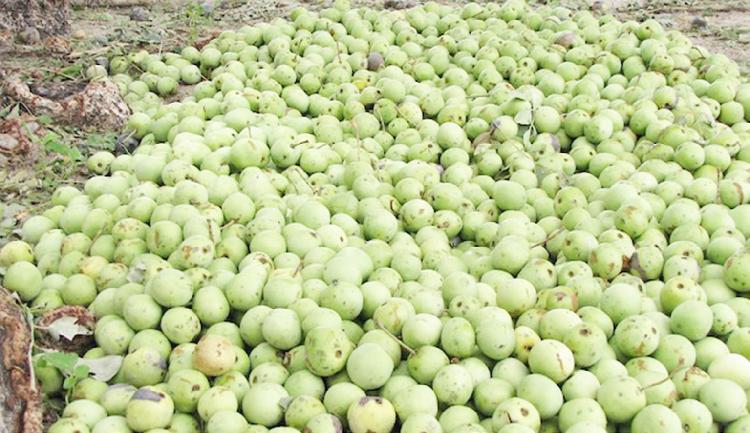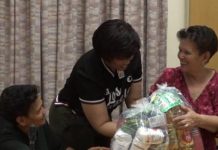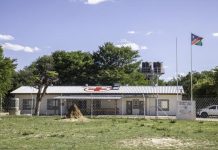Africa-Press – Namibia. A WOMAN from Oshiziya village in the Oshana region has called on the government to support entrepreneurs who make food products using underutilised indigenous fruits, vegetables and plants in order to grow their businesses and gain access to formal markets.
Maria Ndengu (58) makes jams, sweets, bread spreads and syrups using local crops.
She says her business faces a number of challenges and she receives little support from donors or the government.
Ndengu was part of a group of Namibian women who underwent training to process underutilised indigenous crops by enhancing their nutritional value, as part of a collaborative research project between Namibia and Mozambique.
The project, which ran between 2018 and 2019, was conducted with funding from the Science Granting Council Initiative (SGCI), a five-year initiative funded by the United Kingdom’s Foreign, Commonwealth and Development Office, Canada’s International Development Research Centre and South Africa’s National Research Foundation.
Ndengu told The Namibian that she sells her food products mainly to her neighbours at the village, as well as on pension payout days.
She describes the training as a major eye-opener which equipped her with the skills and knowledge to process and create food products from undervalued local crops like monkey oranges, mutete, Kalahari melon seeds and fresh marula nuts.
Ndengu says due to a lack of knowledge some of these natural indigenous resources are sometimes left to rot and thrown away.
She says more people should be trained to process fruits, vegetables and plants across the country in order to add value to them, which would lead to better food security, improved nutrition and contribute to economic development.
She recently made juices and jams from fruits of the jackalberry tree (Diospyros mespiliformis), something she never knew was possible, and recently discovered the fruit of the bird plum tree.
“If you go to many supermarkets in Namibia, the jams and juices you find will be from India or Zambia. We need to promote our local food products,” she says.
Ndengu says those adding value to local crops need the government’s support. She adds that Covid-19 negatively affected her business and she finds it difficult to sell her products because she doesn’t have a stand at any of the local informal markets.
Another challenge is the lack of electricity needed to process natural resources, and the fact that many colourants and preservatives are only available in Windhoek, which is quite a distance from where she stays.
The cost of bottling her products are also very high, she says.
In Namibia, the training was carried out by the University of Namibia, while in Mozambique it was implemented by the Agricultural Research Institute and the Ethnobotanical Research and Development Centre (Cide).
Funding was made available through Namibia’s National Commission on Research, Science and Technology and Mozambique’s National Research Fund.
The SGCI is being implemented in 15 sub-Saharan African countries, including Namibia and Mozambique.
The objective of the SGCI is to strengthen the ability of science granting councils to manage research, design and monitor research programmes based on the use of robust science, technology and innovation indicators, support knowledge exchange with the private sector and to establish partnerships between councils and other science system actors.
For More News And Analysis About Namibia Follow Africa-Press






